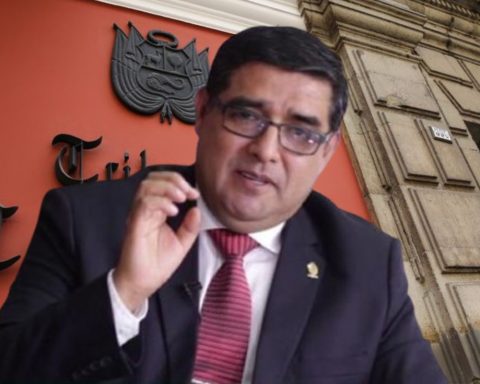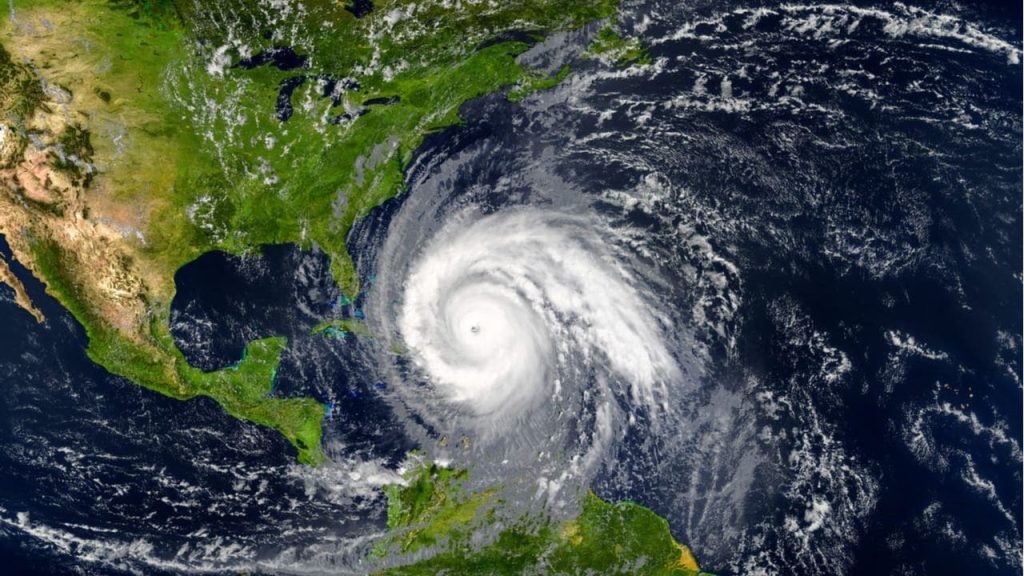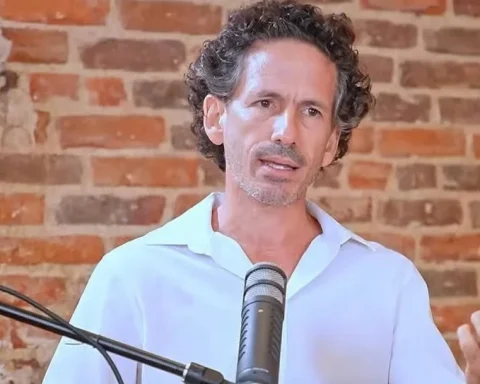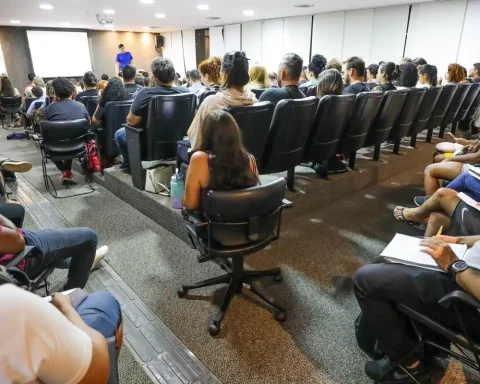He financial system has not had an encouraging year, as noted by DLA Piper Peru partner Sergio Barboza.
Look: The government proposed Alejandro Narváez as president of Petroperú
What is your opinion on the Peruvian financial system?
It is not an encouraging year. Commercial banks, for example, closed June with a drop of almost 17% in profits —compared to the first half of 2023— and with a delinquency rate (due to the pandemic and the political-economic situation) of almost 5%, which is probably the highest peak in the last 15 years, with the microfinance system being particularly worrying, where depending on the type of entity we find delinquency rates of between 6% and 8%.
What are the difficulties you face?
On the one hand, there are temporary difficulties, such as the fact that SMEs have not yet recovered their sales pace, so that the financial system does not grow significantly to a level of loans that would allow reversing the default, releasing provisions and having better results. On the other hand, there are much more concerns about the difficulties that are already structural, such as the fact that several supervised entities, especially microfinance entities, have limitations in aligning their capital structure with the Basel III standards adopted by the SBS.
What role are the authorities playing?
It is clear that the SBS, the BCRP and the MEF are doing a good job of articulating policies and concrete actions to monitor and minimize possible impacts, but it is frustrating that on the other side, Congress is promoting populist measures such as the law on interest rate caps that has resulted in the exclusion of more than half a million people from the financial system, which has continued to undermine the pension system with more withdrawals without addressing a comprehensive reform, the free disposition of 100% of the CTS, to mention a few.
Haven’t state programs helped alleviate bad debt?
They have helped SMEs, but it is not enough. The Impulso Myperú Program has already exceeded S/10 billion in guarantee allocation after 20 auctions, but they are aimed at those SMEs with “normal” or “potentially problematic” risk classifications, and excludes those that are “deficient” and “doubtful.” So, it has helped SMEs that survived the pandemic, social conflicts, weather phenomena, Castillo, etc., but it de-bankifies the rest, which must survive in the informal market with little chance of reactivation. If the objective is to help, broader programs must be structured where the program coverage decreases based on the debtor’s risk level.
Look: BCP maintains its 3% growth projection for 2024
Do you expect any potential purchases or investments (M&A) in the financial system?
We are seeing strong activity. In fact, we have four legal advisory mandates to finalize sales or purchases, or strategic alliances with microfinance entities. In general, all microfinance subsectors are very active.
What is the main factor driving this trend?
One obvious factor is the correlation between scale and profitability. For example, in the financial subsector, if we analyze the six with outstanding loans of more than S/1,000 million, we notice that five obtained positive results with an annual return on equity close to 11%, while those with loans of less than S/1,000 million recorded losses in relation to equity. This situation opens a path for potential buyers to look for an option for portfolio growth, preferably inorganic, with valuations in ranges very far from the multiples that were negotiated a decade ago.
Would the intervention of Caja Sullana create a barrier for potential investors in municipal savings banks?
No, the microfinance system remains solid. The intervention of Caja Sullana was due more to internal factors than to a crisis in the system. In fact, in the following days the entry of a very important multilateral organization into the shareholding of a municipal savings and credit bank (CMAC) will be announced, making this entity the first private shareholder of a CMAC in Peru, which demonstrates the trust and long-term vision in the financial system. We are convinced that this transaction will open the way for other strategic partners (especially multilateral organizations and investment funds) to enter the shareholding of CMACs, strengthening the capital and the corporate governance system.
Take advantage of the NEW EXPERIENCE, receive our enriched digital newspaper by email or WhatsApp. Perú21 ePaper!Get to know our plans!
RECOMMENDED VIDEO

















